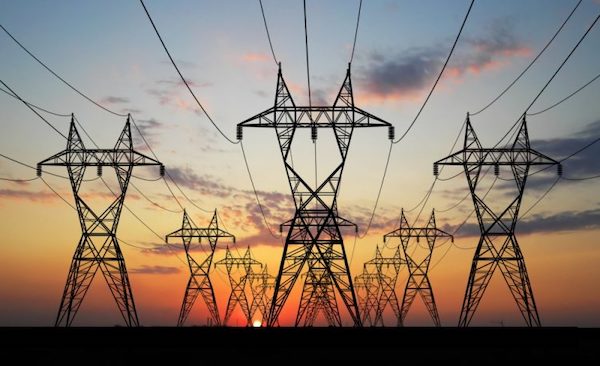Business
TCN, DisCos trade blame over grid system collapses

The Distribution Companies (DisCos) have faulted poor transmission network protection mechanism by the Transmission Company of Nigeria (TCN) for the nine grid system collapses recorded in 2019.
Reacting to the accusation, Ndidi Mbah, General Manager of TCN, insisted that the damage was caused by high voltage following a massive drop of load by the Distribution Companies ( DisCos).
She said that the massive load drop led to high voltage in the system, which shattered the lightning arrester in close proximity to the 75MX Reactor in the Benin substation.
“The shattered lightning arrester porcelain hit the reactor bushing causing further explosion on the reactor resulting in fire outbreak,” she claimed
But, the statement, issued Wednesday by Sunday Oduntan, spokesman of Association of Nigerian Electricity Distributors (ANED), the umbrella body of 10 power DisCos, regretted the grid collapse which occurred on Sunday, June 30 at the TCN Substation in Benin leaving Nigeria in darkness for hours.
Oduntan noted that the failure of the TCN Benin substation was the second of such occurrence in the same city within a year.
READ ALSO: National power grid collapses as fire breaks out in Benin
According to him, the trend of burnt transmission stations and failed transmission substation incidents in Lagos, Calabar, Abuja, Enugu and Onitsha within the year was due to inadequate transmission protection mechanisms and procedures.
He said ANED also expressed displeasure over TCN’s practice of arbitrary load dumping on the DisCos whenever the TCN is having challenges managing energy on its grid, causing a myriad of commercial and technical problems.
The DisCos said these deficiencies of TCN were captured in a July 2017 System Adequacy Report published by the Independent System
According to him, ANED believes a properly protected transmission system will isolate faults.
“Unfortunately, the resultant effect is that we have experienced the ninth total black out in Nigeria this year (five times in January, once in April, twice in May and once in June).
“A rate of transmission failure that is in excess of one blackout per month is far beyond any international standard,” he said.
Oduntan said that over 100 partial and total transmission system collapses have been recorded since the sector privatisation in 2013.
“This magnitude of system collapses should not be a regular reality of our country,” he said.
The DisCos advised that rather than trading blames, TCN should focus on realising actual delivery of its acclaimed 8100MW wheeling capacity as the current figure “is based on nothing more than a computer simulation.
He urged the TCN to address its radial transmission network for better power delivery, by procuring the Supervisory Control and Data Acquisition (SCADA) to monitor the grid and trace system collapse faults.
TCN General Manager of, insisted that the damage was caused by high voltage following a massive drop of load by the Distribution Companies ( DisCos).
Join the conversation
Support Ripples Nigeria, hold up solutions journalism
Balanced, fearless journalism driven by data comes at huge financial costs.
As a media platform, we hold leadership accountable and will not trade the right to press freedom and free speech for a piece of cake.
If you like what we do, and are ready to uphold solutions journalism, kindly donate to the Ripples Nigeria cause.
Your support would help to ensure that citizens and institutions continue to have free access to credible and reliable information for societal development.
























